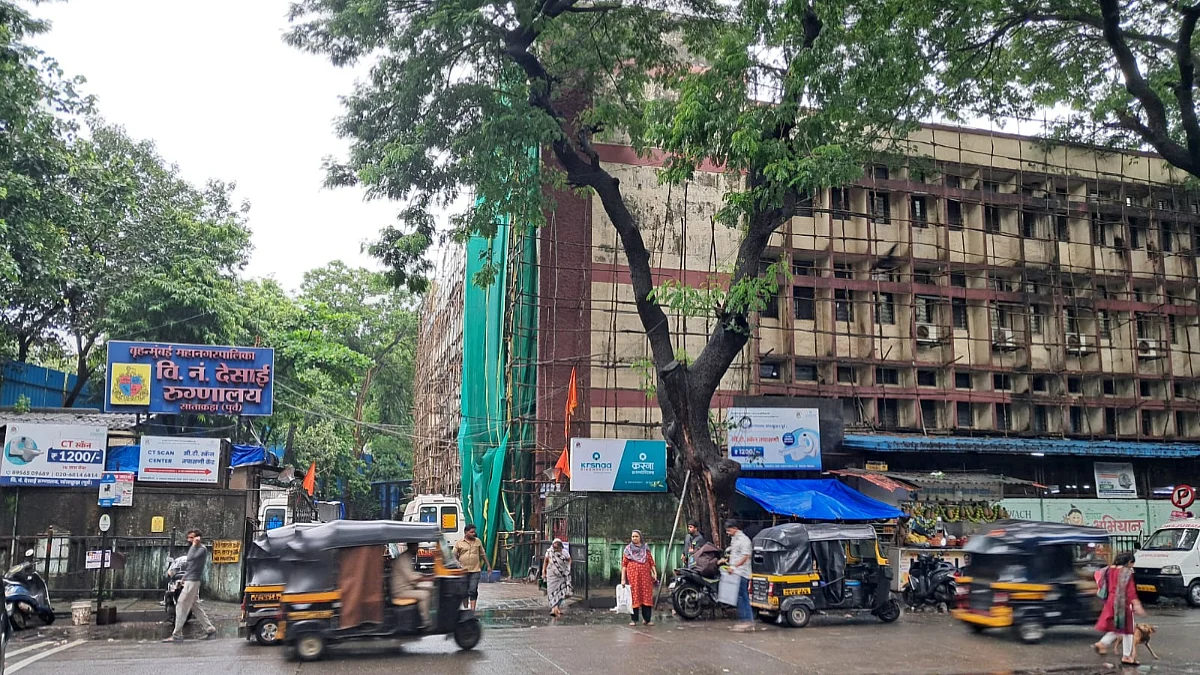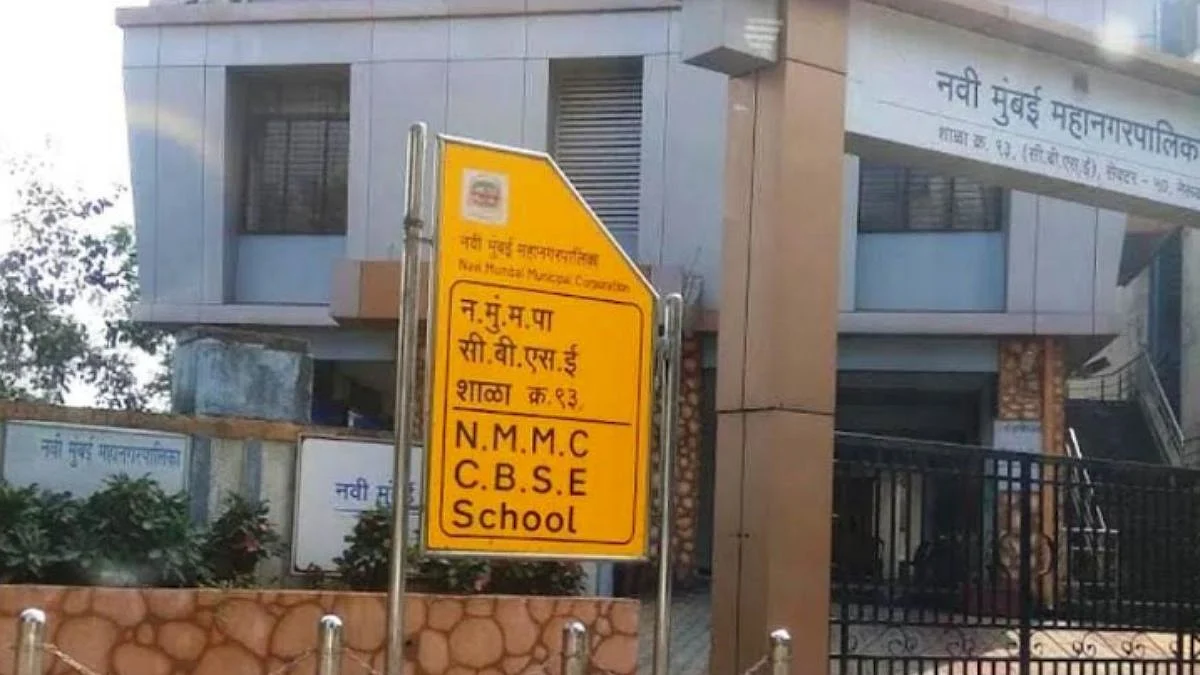KEM Hospital in Mumbai is experiencing a dilemma in its haemophilia sector, resulting in patients being denied treatment because of insufficient vital medications. A significant instance included a young woman who needed to give birth at Nanavati Hospital, a private institution, since KEM was missing Factor VII essential for managing postpartum bleeding, compelling her to buy expensive clotting factors.
This circumstance emerged when the National Health Mission stopped financing tertiary hospitals last September, allocating funds exclusively to district hospitals. Even though the Maharashtra government obtained 6,130 vials of Factor VIII, these supplies are unavailable to the 980 haemophilia patients at KEM, which caters to a vast population, comprising those requiring consistent anti-haemophilic factor therapies.
Also Watch:
The state has acquired vials for ₹4.49 crore to distribute to district hospitals, yet these facilities do not have specialised haematologists and are unable to offer complete care beyond emergency services. Jigar Kotecha of the Haemophilia Society emphasized that KEM is the sole hospital in Maharashtra capable of providing continuous haemophilia care. The NHM's regulations prevent the transfer of medications to KEM, making it more difficult for the hospital to handle patient care, according to a report by HT.
KEM’s dean attempted to reach out to Thane District Hospital about the AHF supply, but the reply conveyed a lack of resources, citing the restricted supply and an increasing patient count at district hospitals. KEM’s sole option is to acquire AHF via NGO donations. The Brihanmumbai Municipal Corporation is suggested by the state health department to bear the responsibility for funding.
There have been demands for greater state funding, especially in contrast to Gujarat, where substantial resources have been dedicated to haemophilia patients. Requests were submitted to prioritize the more effective and efficient extended half-life factors and to replenish vital medications at KEM for delivering critical care to patients. Despite several attempts, replies from BMC officials concerning this matter went unanswered










